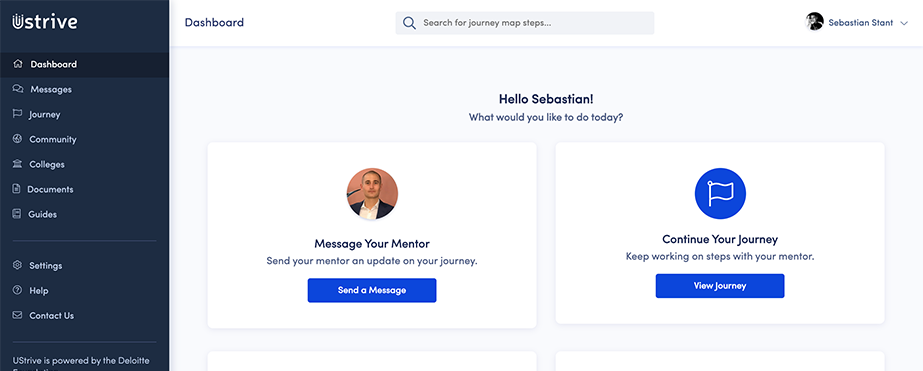Goal
Practice Self-Care
Find out how to put words to practice through self-care.
You are a human being and deserve the compassion that comes with caring for your mental health. Caring for your mental health does not always mean seeking professional help; sometimes it means making small lifestyle changes.* These lifestyle changes or practicing self-care can help you to cope with the struggles of daily life or other complex challenges by sustaining your overall health.
type: embedded-entry-inline id: Gj8eYFd3TxmK0om6vfIFx What can you include in your self-care action plan?
Practice regular exercise. Regular exercise can be linked to improving mild to moderate cases of depression, anxiety, and ADHD. It also relieves stress, improves memory, helps you sleep better, and boosts your overall mood. Just 30 minutes of daily activity (like walking) can help to improve your health and boost your mood. Small amounts of exercise add up, so don’t be discouraged if you cannot do 30 minutes of activity at a time. Instead, be proud of what you can do. Exercise is not meant to be a self-inflicted punishment so choose activities that bring you joy!
Nourish yourself. Eat healthily, have regular meals, and stay hydrated. A balanced diet and plenty of water can improve your energy and focus throughout the day. You deserve to feel good in your own body and this starts with nourishing yourself. Click here to learn how to begin to improve your diet with a focus on supporting your mental health.
Make sleep a priority. 7-9 hours of sleep each night is what is recommended to get a good night’s rest. If you find that you struggle with getting enough sleep- try to limit blue light, stick to a schedule, and set an alarm as a reminder a half-hour before bed.
Try a relaxing activity. Look into wellness programs or apps, which may incorporate meditation, muscle relaxation, or breathing exercises. Schedule regular times for these and other healthy activities you enjoy such as journaling. From podcasts to youtube videos, there are endless resources to explore.
Prioritize. You will not always be able to accomplish everything. Instead, decide what’s important and allow yourself to say no. Your priorities can change but taking on too much can harm yourself and your relationship with others. Instead, decide what must get done now and what can wait. Being mindful of what you have accomplished and your capacity will allow you to feel proud every day.
Practice gratitude and positivity. Remind yourself of specific things you are grateful for. It can be helpful to list what you are grateful for on a regular basis, even daily. One helpful practice is writing down three things you’re thankful for each day. By practicing gratitude, you can also actively practice positivity. Identify and challenge your negative self-talk.
Stay connected. Reach out to your friends or family members who can provide emotional support and practical help.
* To learn when to seek professional help please see the next guide, Seek Support.
Want to learn more?
A mentor can help with this topic & many more. Join thousands of students & pick a mentor today!
It's 100% free, forever.

© UStrive 2022, All Rights Reserved


